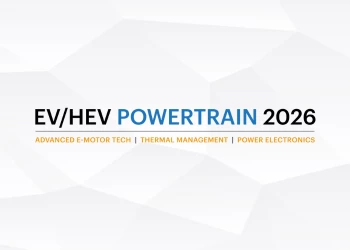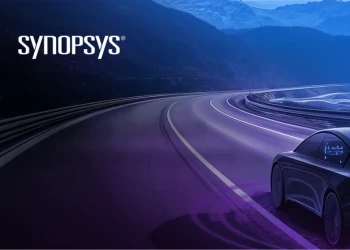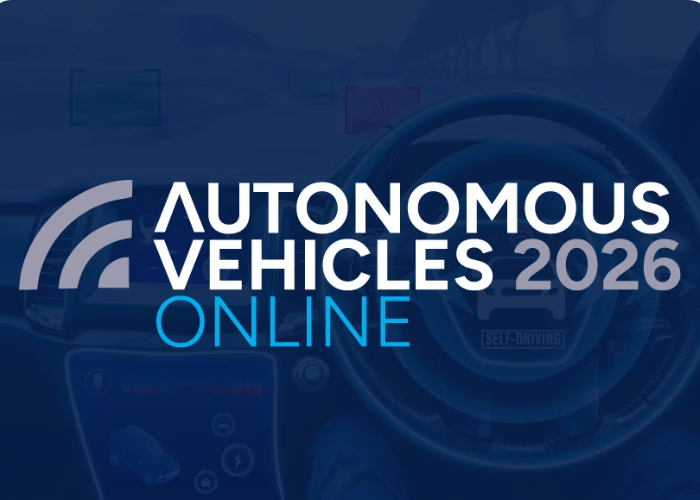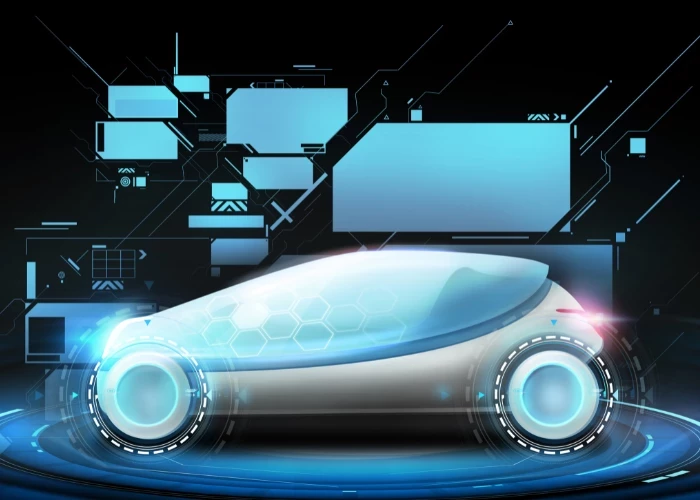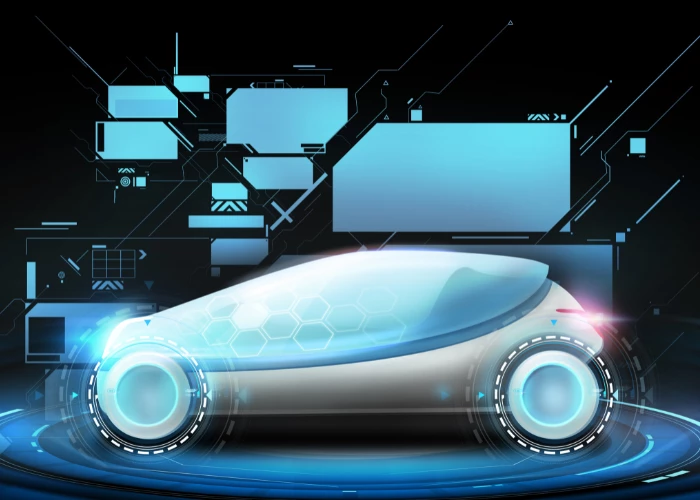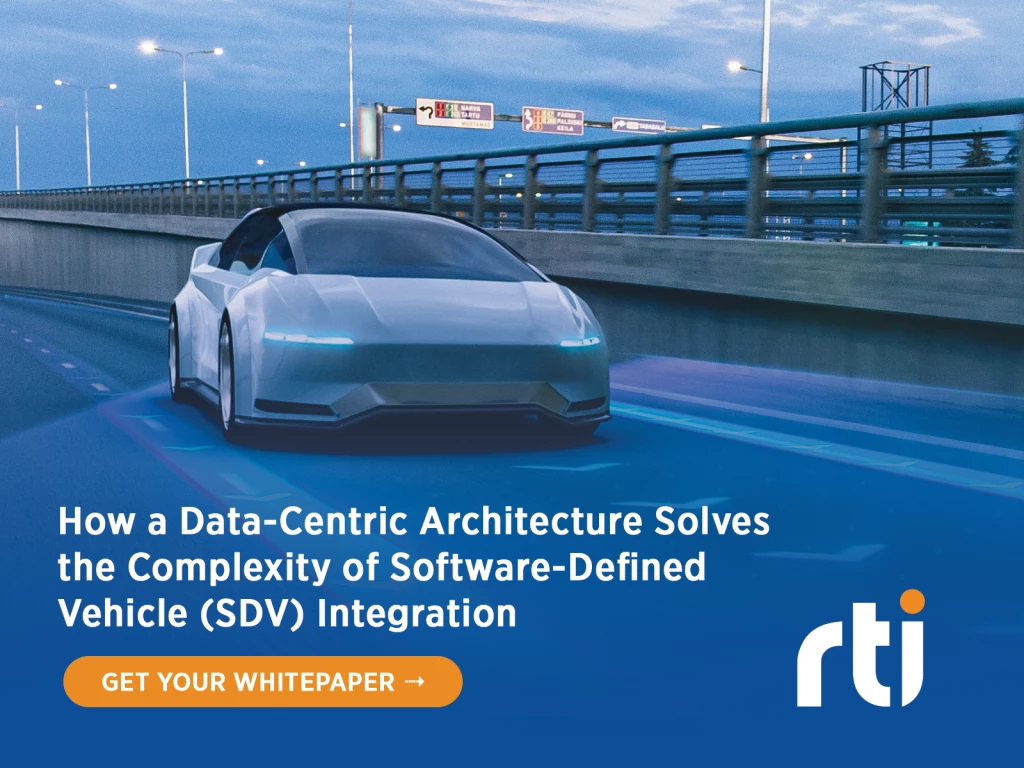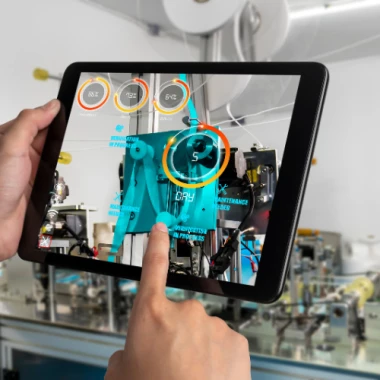Think future mobility and the names of certain firms will often spring to mind.
For ride-hailing it is hard not to treat Uber as the default; or perhaps if you’re looking at similar developments in China, Didi comes straight to mind, or perhaps, south-east Asia’s fast-growing Grab.
On the subject of self-driving technology, Alphabet’s Waymo is a usual suspect, but GM’s well-funded Cruise is increasingly mentioned in the same breath.
But the interesting thing about all but Waymo in these examples is that they’re unified by another source, one with some seriously deep pockets and even greater influence: SoftBank Vision Fund, the tech investment arm of Japan’s SoftBank Group.
What is the Softbank Vision Fund?
The SoftBank Vision Fund, headed by SoftBank Group Corp chairman and CEO Masayoshi Son, is arguably the most powerful investor in tech. On behalf of SoftBank Group and its stakeholders, the Vision Fund makes strategic investments in companies across the technology sector, particularly focusing on Internet of Things (IoT), Artificial Intelligence (AI) and mobile apps. Significantly for those working in the auto industry, these big-money investments include a host of firms that are seeking to define the future of transportation.
As of the end of 2017, the Softbank Vision Fund stood at a hefty $91.7bn, with SoftBank Group chipping in $28.1bn, and third-party investors adding the remaining $63.6bn. This amount far exceeds other venture capital investors by a significant margin, even if they pooled their respective funds.
In its information about the fund, SoftBank includes Mubadala Investment Company, the Abu Dhabi sovereign investment fund. Also on the list is US tech firm Apple; Taiwanese electronics manufacturer Foxconn Technology Group; US semiconductor and tech firm Qualcomm Incorporated; and Japanese-Taiwanese electronics manufacturer, Sharp Corporation.
Not on the official line-up is the Vision Fund’s biggest backer, the Saudi Arabia Public Investment Fund (PIF) that has committed to adding $45bn to the available pot.
So what are they getting for their money?
The Vision Fund has publicly confirmed investment in 82 companies, from robotics firms to coworking companies. The portfolio also includes 19 future-forward transportation and logistics tech firms, including the big-hitters mentioned above. The Vision Fund now owns around 15 percent of Uber, in exchange for €7.7bn back in pre-IPO 2018, plus it invested $333m in Uber’s Autonomous Technology Group alongside Toyota.
The Vision Fund also owns circa 20 percent of Didi thanks to three significant cash injections totaling $10.1bn, and recently announced an extra investment of $1.46bn in Grab, adding to previous rounds of funding already made. Include the fund’s investment in India’s Ola, and SoftBank is the biggest shareholder in the world’s four biggest ride-sharing companies.
In 2018, SoftBank invested $2.25bn in GM’s Cruise for a 19.6 percent stake, making it the biggest non-carmaker investor. It supplemented this in 2019, adding an undisclosed amount to a further round of Cruise funding that also included Honda totaling €1.15bn.
What’s SoftBank’s goal?
A look at the remaining 15 firms on SoftBank’s confirmed investment transportation portfolio, and they’re split broadly into three groups:
Deliveries and logistics
- Alibaba Local Services – local deliveries in Chinese cities
- Delhivery – India's largest supply chain courier service
- Doordash – a North American on-demand food delivery company
- Loggi – a logistics company aiming to offer next-day delivery anywhere in Brazil
- Flexport – a global freight-forwarding company based in San Francisco
- Full Truck Alliance – connects long-haul truck drivers in China and SoftBank’s investment aims to boost adoption of autonomous technology
- Reef – the largest parking network in North America, giving parking structures alternative uses, including for preparation of food delivery orders
Car sales and sharing
- Auto 1 Group – a pan-European car buying platform
- Fair – an app-based used car-ownership service operating in the US
- Guazi – a Chinese used-car trading platform that uses AI
- Getaround – a peer to peer car sharing service in over 300 cities worldwide
Autonomous technology
- Nauto – AI-powered retro-fit intelligent driver assist systems
- Nuro – US-based firm developing robotic, autonomous delivery vehicles
- Rappi – an on-demand delivery firm operating in South America and Mexico
Essentially, any app that involves the transportation of goods at scales from local to global, the sale and provision of any non-new cars, and any vehicle with self-driving capability, SoftBank will be there as an investor in the leading firms in the market with an almost monotonous monopoly.
What’s not immediately clear is what SoftBank plans to do with all of its investments, aside from attempt to make money from them. However, when you can identify the trends in the companies it targets, mass consolidation into single ‘superapps’ that bring together all firms into one streamlined solution would seem a logical path to growth and profit, particularly if this can be coupled with significant OEM partnerships.
Does the strategy of investing in what already appears to be the number one company in its respective field mean innovation is stifled for those which haven’t yet made it big? Possibly. Does funding advances in tech with ethically-dubious Saudi money mean tech firms will turn down SoftBank’s approaches, even if the price is right? We shall see if the price is too good to ignore.
Making sense of it all – Softbank and Toyota
In order to see the strategy in practice, we can look at the increasingly close relationship between Toyota and SoftBank Vision Fund when it comes to investments in the automotive space.
The two firms are already co-investors in Uber and Uber ATG. In October last year, Toyota and SoftBank got closer and announced that they were creating a joint venture called Monet – short for Mobility Network. The firm joins Toyota’s Mobility Services Platform with SoftBank’s IoT to create a large data processing network capable of exploiting just about all aspects of mobility supply and demand.
The first phase of the project will see Monet roll out on-demand delivery vehicles in Japan tailored to local user demand. The firms plan to introduce Autono-MaaS (autonomous mobility as a service) businesses using the Toyota e-Palette, a battery electric vehicle for mobility services that can be used for various purposes, including mobility, logistics, and sale.
The Toyota e-Palette concept was announced at the 2018 CES in Las Vegas, where Didi and Uber were announced as launch partners, alongside Amazon and Pizza Hut. Following the formation of the SoftBank joint venture, Honda, Isuzu, Suzuki, Subaru, Daihatsu and Mazda have all taken stakes in the venture in exchange for cash and valuable data sets.
It’s this move to join forces with Toyota that seems to add some substance to the money that’s been flying around – after all, many of the companies in SoftBank’s roster have never made a profit. SoftBank’s goal is to turn huge investment into huge reward, ensuring its survival as economies become fully digital.
And the future?
SoftBank Vision Fund 2.0 is already in the works. Despite the question marks over the return on such huge investments, a new Vision Fund is being assembled. So far, the Fund stands at $108bn and will more accurately target firms that develop AI solutions, again giving huge scope for potential investments that have a significant impact on the automotive industry.
SoftBank Group will put up $38bn. A number of partners from the first time around will return, including Apple and Foxconn, while Microsoft is a new backer. Notably, the Saudi Arabian PIF fund is not listed as a contributing investor this time around.
Having maneuvered itself into a leading position in the future mobility space by virtue of having such huge financial assets, SoftBank is arguably the most influential partner in the industry – not a specific app, nor a carmaker.
As a result, it’ll be interesting to follow its portfolio to see if the companies that have received such large injections of cash can remain as lean and innovative as necessary to keep their positions at the top of their respective fields. We’ll also watch with interest the topics SoftBank believes are the future, to see if the bets of the vast Vision Funds will truly pay off.


